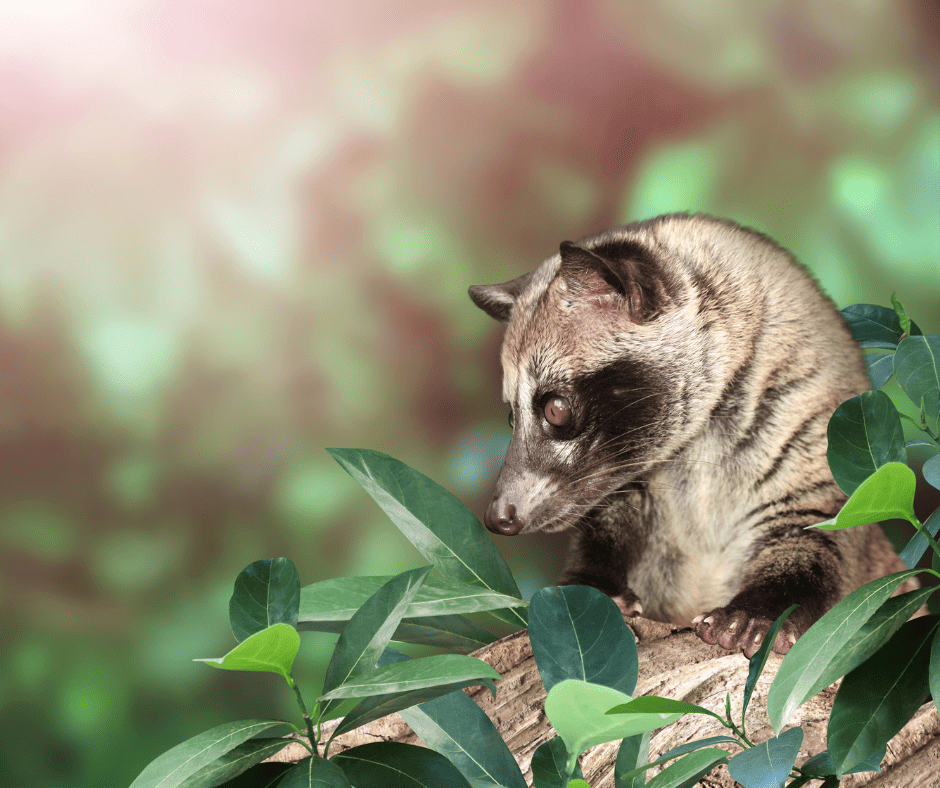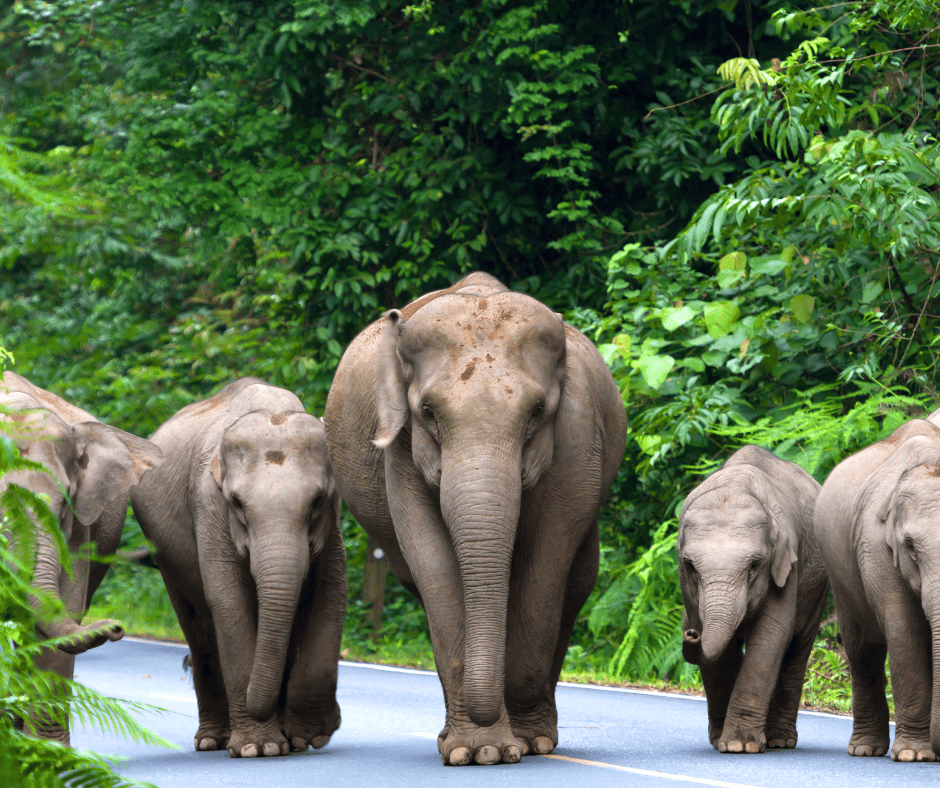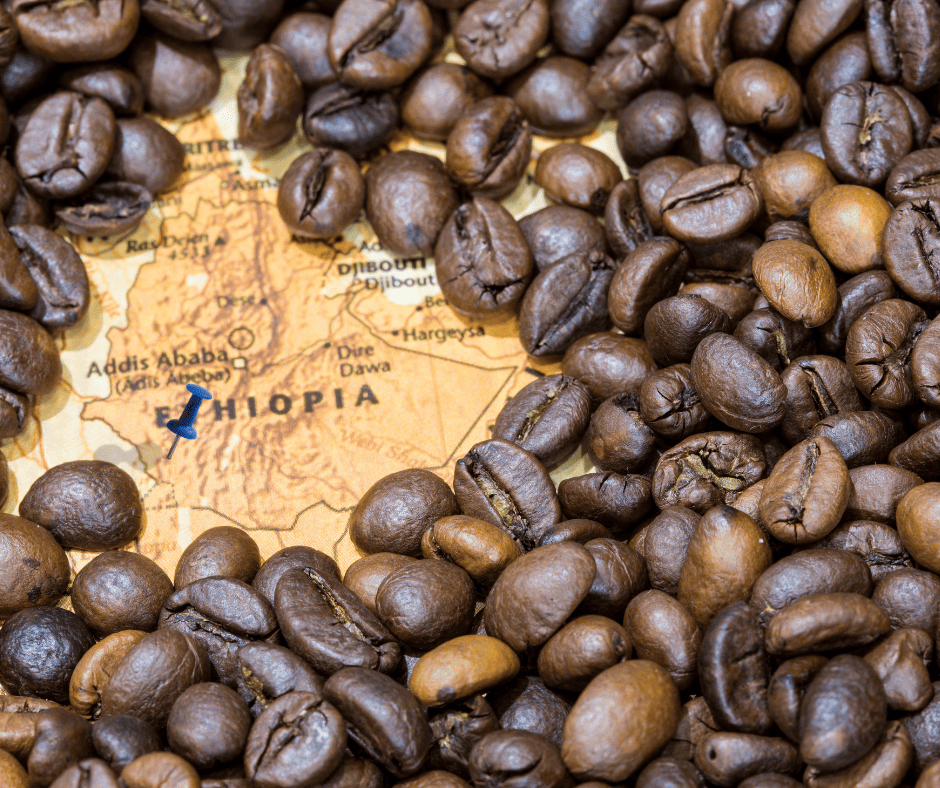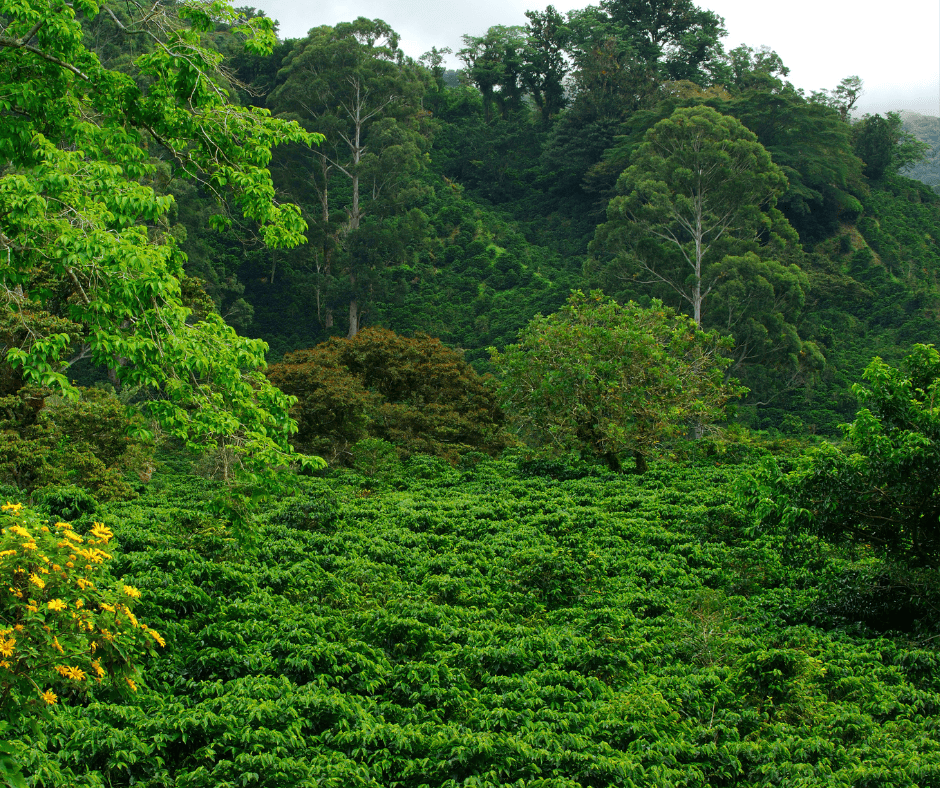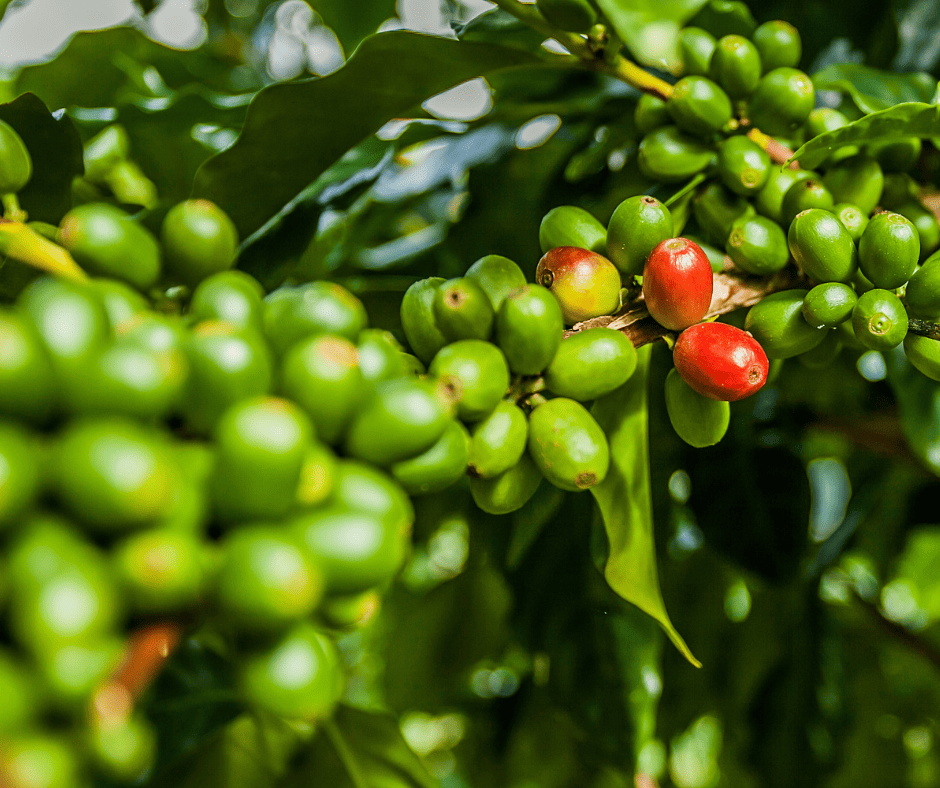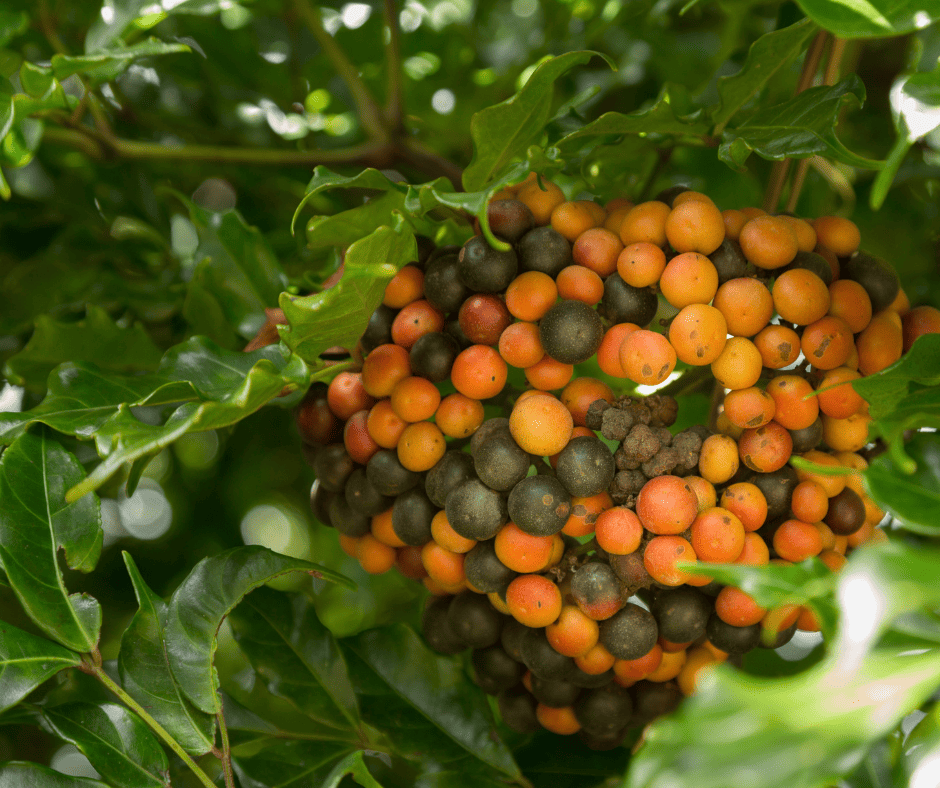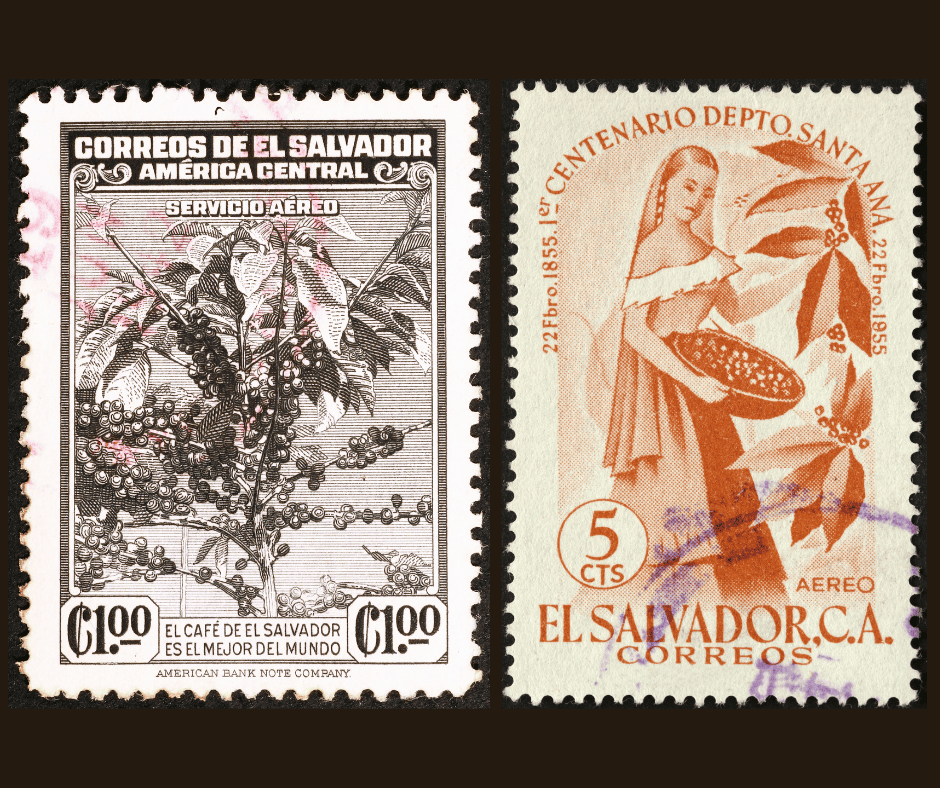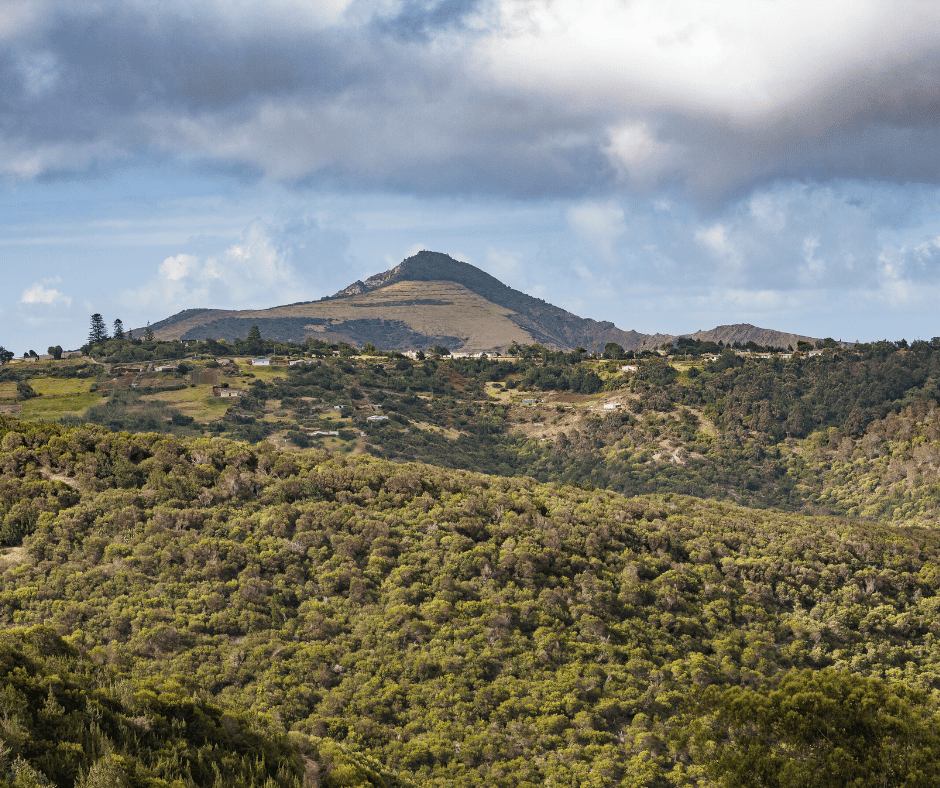Coffee is one of the most popular drinks in the world, enjoyed by people all around the globe every single day. Most people choose to make their daily coffees by selecting beans or grounds from product lines available in local stores or coffee shops, opting for versions that most people would consider reasonably affordable. However, there is also incredibly expensive coffee on the market.
For most people, the idea of drinking one of the world’s most expensive coffees isn’t about finding a new daily option; it’s about having a rare experience or exploring a curiosity. Each of the world’s most expensive coffees brings something unique to the table. Whether you enjoy a classic drip, a nice expresso, or cold brew coffee, learning what these rare beans have to offer is typically intriguing. Here’s a look at eight of the world’s most expensive coffees.
8 of the World’s Most Expensive Coffees
Kopi Luwak
Kopi Luwak – also referred to as civet coffee – primarily originates in India. What makes this coffee special isn’t the type of beans or how they’re roasted; it’s part of how the beans are “processed.”
With Kopi Luwak, coffee cherries are fed to Asian palm civets, a nocturnal mammal closely related to the mongoose. As the coffee cherries are digested, fermentation occurs due to the presence of digestive enzymes. After the coffee exits the digestive tract, the coffee beans are quickly cleaned and roasted.

Generally, the roast is relatively light, allowing it to remove some bitterness and achieve a sweeter flavor. There are often notes of chocolate, plum, and apricot, with a touch of sandalwood.
Usually, a pound of Kopi Luwak costs anywhere from $160 to $600. However, not everyone feels that a cup of Kopi Luwak is worth the price, so keep that in mind.
In most cases, the higher-priced versions are collected in the wild, followed by coffee produced by free-range operations. Lower-cost versions often use more restrictive methods, essentially force-feeding caged civets coffee cherries to create the coffee at a faster rate. That last approach leads to controversy, as it’s generally considered inhumane.
Black Ivory
Black Ivory coffee is similar to Kopi Luwak in that it also involves coffee cherries consumed by an animal. However, instead of a civet, Black Ivory coffee comes from elephants. The Arabica coffee beans move through the elephant’s digestive tract, causing them to be exposed to various enzymes. After they’re excreted, the coffee beans are washed, dried, and roasted.
Black Ivory coffee is typically a specialty coffee produced in Thailand, and it’s a pretty rare coffee overall due to the process required to make it. Many of the consumed coffee cherries aren’t recoverable after being digested by the elephant. Plus, the availability of suitable coffee cherries can vary, also leading to increased rarity. Since that’s the case, the price often exceeds $1,000 per pound.The resulting flavor profile can vary, but it typically creates a robust coffee with touches of chocolate and hints of spices without any bitterness. Some consider it to have quite a delicate flavor profile, but no two coffee production runs are alike, so keep that in mind.
Geisha
Geisha coffee – also called gesha coffee – involves a specific variety of Arabica beans originating from the Gore Gesha Forest in Ethiopia. However, plants were brought to Panama in the 1960s, and it’s typically those coffees that gained fame.
Overall, geisha coffee beans are relatively rare, as the plants typically have smaller yields. But the beans are known for producing a high-quality cup of coffee with a unique flavor. Usually, geisha coffee has distinct floral notes, including hints of jasmine and fruity flavors reminiscent of guava, mango, papaya, and other tropical fruits. There can also be touches of chocolate, honey, and tea, resulting in a pretty complex flavor profile overall.
The price for geisha coffee can vary, with some versions costing more than $1,000 per pound. However, it’s also possible to find geisha coffee beans in the $30 to $200 per pound range, which some may find accessible.
Hacienda La Esmeralda
A coffee estate in Panama produces Hacienda La Esmeralda, generally using geisha coffee beans. It’s a family-owned operation located in the highlands in the country’s southwestern part. The resulting coffee has the distinct floral notes one would expect from geisha coffee, offering an aromatic experience with a smooth and luxurious flavor.
The price for Hacienda La Esmeralda coffee can vary, as it’s typically sold in lots during auctions. However, a price in the $350 to $450 per pound range isn’t uncommon, as the company has an exceptional reputation for top-quality coffee.
Jamaican Blue Mountain
Jamaican Blue Mountain coffee originates from coffee grown in a specific region in the Blue Mountains. Ripe coffee cherries are placed in water to float, allowing them to ferment. Then, the available beans are gone over carefully, with only those that meet exacting standards being selected for further processing.

Generally, Jamaican Blue Mountain coffee is incredibly smooth with just a touch of acidity. When it comes to the flavor profile, there are nutty, floral, and herbal notes, along with hints of orange and chocolate, making it reasonably complex.
Jamaican Blue Mountain coffee also goes through a certification process, with the Jamaican Department of Agriculture choosing whether a coffee qualifies. When it comes to price, it’s not uncommon to see it sell for $50 to $150 per pound, depending on the exact variety.
Hawaiian Kona
Kona coffee only comes from the Kona district in Hawaii, where the conditions are excellent for growing high-quality coffee. There’s nutrient-rich volcanic soil, ample sunlight, and enough rain to support healthy plants and delicious coffee beans.
Generally, Kona coffee is known for its smooth flavor with a delicate aroma. In most cases, retail Kona coffee comes from a single estate, ensuring it’s not mixed with coffee from other areas.
While Hawaiian Kona coffee is by no means inexpensive, it’s far more affordable than many other high-cost coffees in the world. Often, it’s possible to find it for around $30 to $50 per pound. However, some rarer varieties can cost more. For example, Kona peaberry coffee may be more than $60 per pound. Whether a product is organic or not can also influence the price.
Los Planes
Los Planes coffee originates from Central America, particularly El Salvador. Often, it involves bourbon and pacamara beans, both of which are known for exceptional flavor profiles. Usually, wet processing is used with Los Planes coffee, and some producers also prefer sun drying. However, the exact techniques can vary.
A cup of Los Planes coffee often has distinct notes of brown sugar and caramel, along with hints of tangerine. There can also be touches of cacao, as well as a bit of nuttiness. As a result, the final flavor profile is suitably complex. Typically, Los Planes coffee is around $40 per pound, making it accessible enough that coffee drinkers who enjoy unique flavors can often afford to give it a try.
Saint Helena
Saint Helena coffee comes from the island of Saint Helena, which is in the South Atlantic Ocean. In this region, green-tipped bourbon beans originating from Yemen are preferred. Those coffee plants are typically hard to grow, which makes them rare overall. Plus, there are challenges growing on the island itself. However, the results generally are believed to make the effort worthwhile when the coffee grows successfully.
The resulting flavor is often highly prized, offering chocolate and black cherry notes. It’s relatively delicate, often having a slightly floral or citrusy aroma with touches of caramel.
When compared to other coffees on this list, Saint Helena coffee can seem reasonably affordable. Some versions may run as little as $80 per pound, while others may get closer to $150 per pound.


